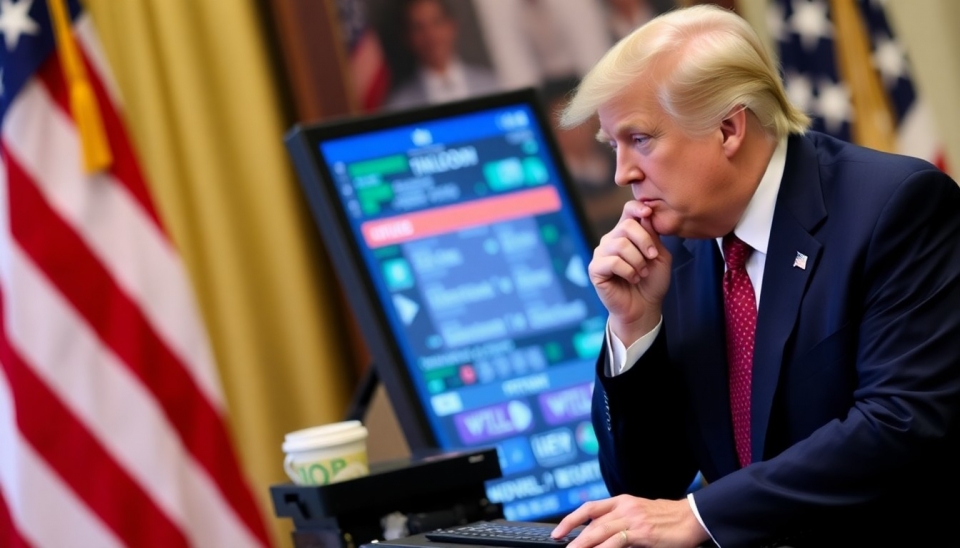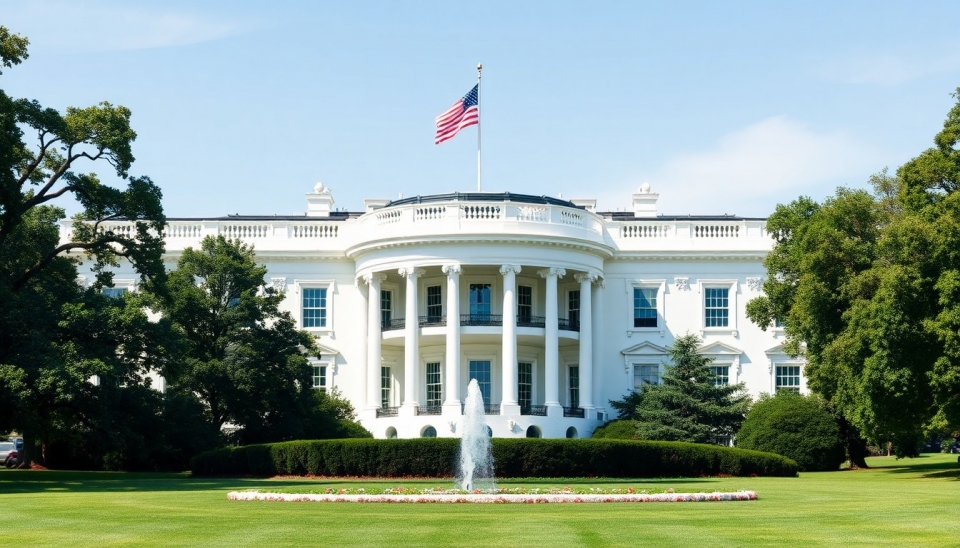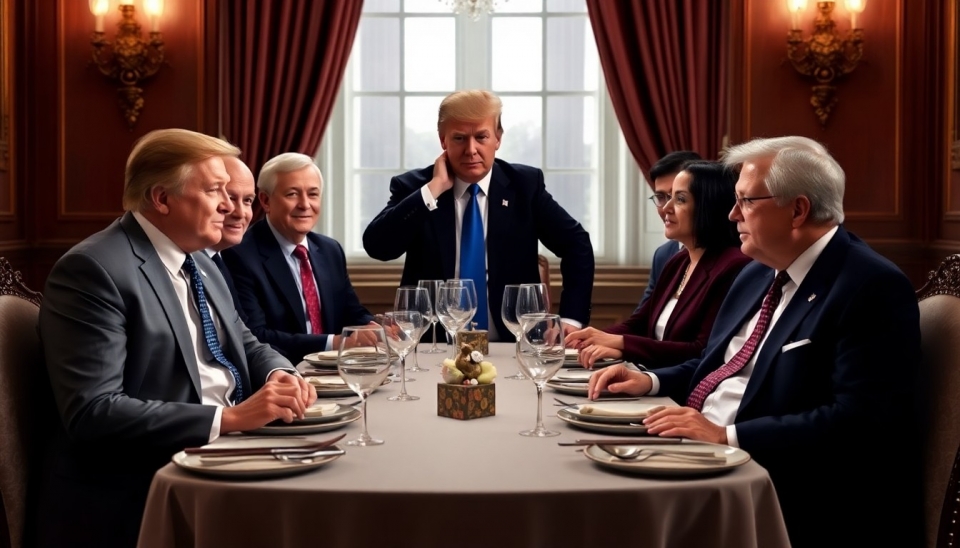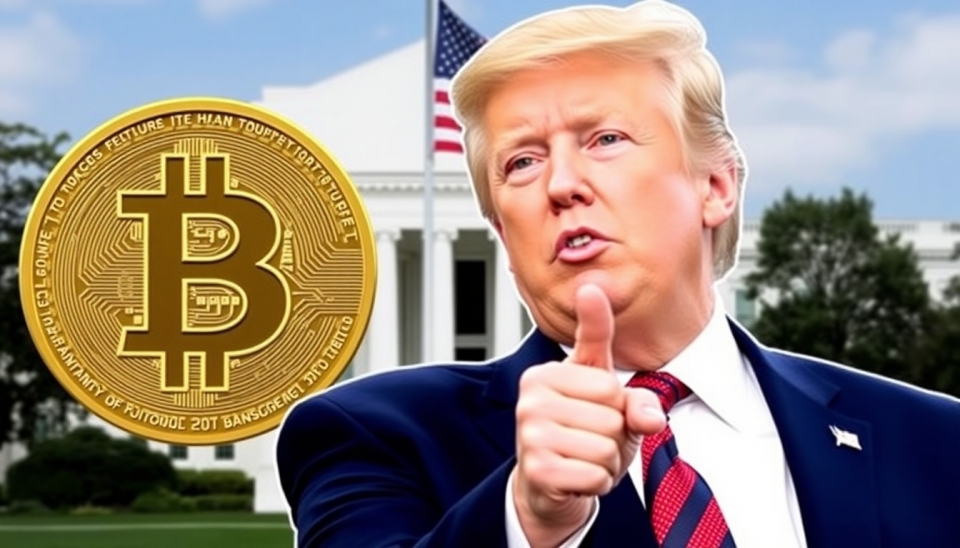
In a significant development that could reshape the landscape of U.S. trade and technology, former President Donald Trump announced that his administration is actively “looking at tariffs” on a range of electronic components, particularly semiconductors. This move comes amid ongoing concerns regarding the resilience and security of America's supply chains, especially in light of increasing tensions with China.
Trump's comments came during a recent town hall meeting where he emphasized the importance of domestic manufacturing, particularly in the technology sector. He noted that the U.S. must reestablish itself as a leader in chip production, which has become critical to various industries such as automotive, consumer electronics, and defense. The former president stated, “We need to make our own chips. We are too reliant on others.”
The proposed tariffs would target imports of electronic components from foreign manufacturers, with a particular focus on Asian countries where a significant portion of semiconductor manufacturing is concentrated. This initiative aligns with previous policies geared toward reducing dependency on imported technology and bolstering domestic production. Trump insisted that such measures are essential for national security and economic independence.
Industry analysts have expressed mixed reactions to Trump's announcement. Some argue that tariffs could lead to higher prices for consumers and strain relationships with key trade partners. However, supporters of the initiative contend that increased tariffs could incentivize domestic companies to ramp up their manufacturing capabilities, ultimately leading to job creation within the U.S.
The semiconductor industry has been a focal point for policymakers, particularly after the global chip shortage that disrupted numerous sectors, including automotive production and consumer electronics. Lawmakers from both parties have stressed the need for greater investments in domestic semiconductor manufacturing, but opinions diverge on the role of tariffs as a tool for achieving these goals.
Trump’s commitment to focusing on tariffs may signal a renewed push for his administration's economic agenda. This approach would come as the Biden administration continues to advocate for a more collaborative international approach to managing supply chains and technological competition.
As discussions around tariffs and trade policies intensify, stakeholders from various sectors will be closely monitoring the situation. Companies in the tech industry are bracing for potential implications, while economists weigh the impact of tariffs on consumers and the overall economy.
In conclusion, Trump's renewed focus on tariffs concerning the electronics supply chain marks a pivotal moment in U.S. trade policy. With the implications of such a move reverberating across multiple sectors, it remains to be seen how these considerations will unfold in the coming weeks and months.
#Trump #Tariffs #Electronics #Semiconductors #SupplyChain #TradePolicy #USManufacturing #NationalSecurity
Author: John Miller




